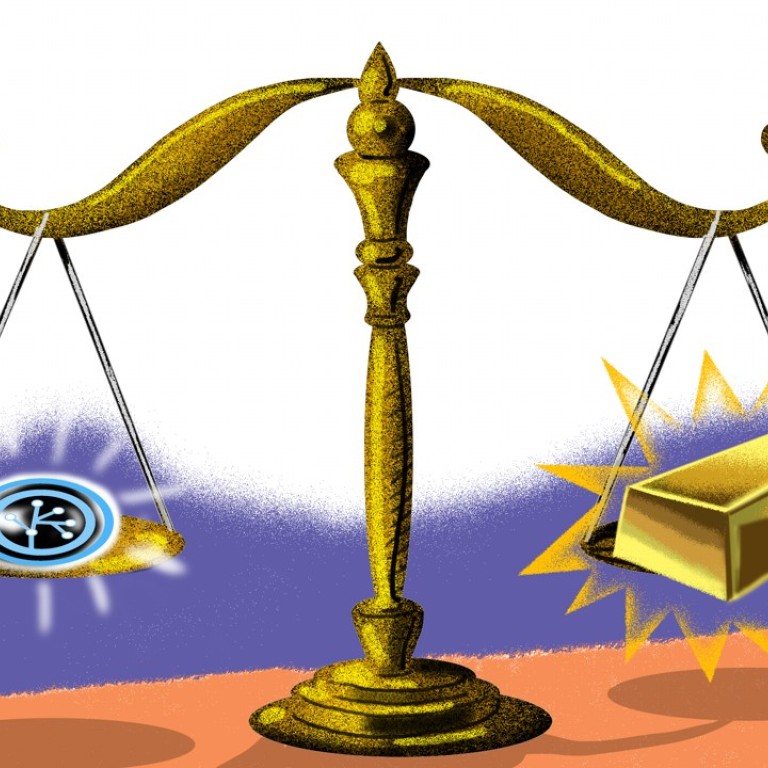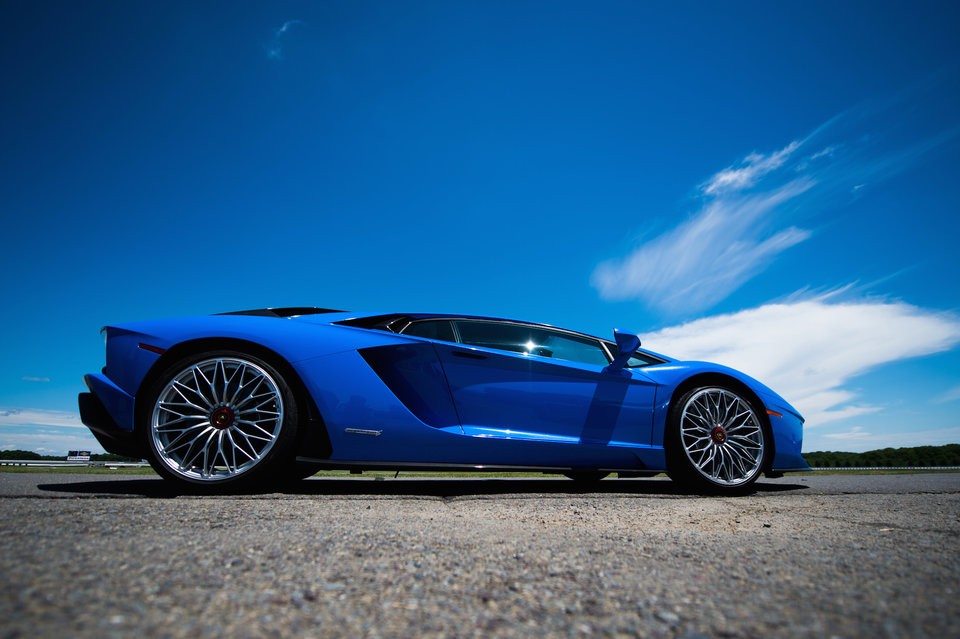Bitcoin billionaires translate digital wealth into real-world assets

Eleesa Dadiani and other pioneers have established platforms that accept cryptocurrency in exchange for luxury goods
Eleesa Dadiani is the new face of cryptocurrency. That’s what I’m thinking as I sit across the desk from her in her gallery, Dadiani Fine Arts, in London’s exclusive Mayfair district. With her porcelain skin, mane of loose hair and eloquent, engaging manner, she certainly doesn’t match the existing stereotype of a socially awkward hoodie-sporting tech-nerd buying amphetamines on the dark web, or a newly minted crypto-millionaire leaning against a Lamborghini in an insufferably gloating Instagram photo. She doesn’t fit the category of a crypto-evangelist, either.
“These libertarians, they don’t understand money, they don’t understand history,” she says. “They know nothing about politics or international relations. You have to understand the world you live in before you can change it.”
Not that she doesn’t believe in cryptocurrency. On the contrary, she has created an entire business around it. Her fine art gallery was probably the world’s first to accept multicurrency cryptocurrency (bitcoin, Ethereum, Ethereum Classic, Litecoin, Ripple, Dash and NEM), but art is just one small part of a bigger crypto brokerage – the UK’s first – that she set up last year to allow buyers to exchange their digital wealth for real-world assets such as rare cars, bloodstock, gems, bullion, private jets and yachts. A Chinese client recently bought four Formula 1 cars, collectively valued at £4 million (HK$41.9 million), in cryptocurrency Litecoin via her Dadiani Syndicate.
Unlike the libertarians she’s referring to – usually white males preaching how decentralised currencies will bring forth a new world order (crypto-pioneers Roger Ver and Olivier Janssens, for example, are trying to create their own decentralised, government-free dream country) – Dadiani knows her money, history and international relations. Her talk is peppered with references to former Libyan leader Muammar Gaddafi and the petro-dollar, capital flight in China, and Russian trade relations.
“I’m not anti anything. There’s a need for both systems,” she says. “We haven’t had a universal currency since gold and silver. A decentralised economy allows for borderless trade, which hasn’t been possible before with such ease; people are used to decision-making in trickles, with the group up top choosing what everyone can and cannot do … cryptocurrency requires a cognitive shift. People need to understand why cryptocurrency should be adopted wider, integrated into our existing way of life, for gradual change.”
So that’s exactly what she’s done: integrated cryptocurrency into real life – for bitcoin billionaires, anyway.
“A couple of years ago, when we saw bitcoin perform as well as it did, there was no way to use those coins. You were rich on screen, but what could you do with it? You could invest in ICOs [initial coin offerings], but what about something tangible? The answer was ‘Nothing’. So I had to create a structure of trust to allow people to cash in on their digital wealth. Through the gallery and contacts with private jet owners and so on, where there is a trust protocol already, I created a syndicate, a platform of clients and dealerships.”
Cryptocurrency requires a cognitive shift. People need to understand why cryptocurrency should be adopted wider, integrated into our existing way of life, for gradual change







